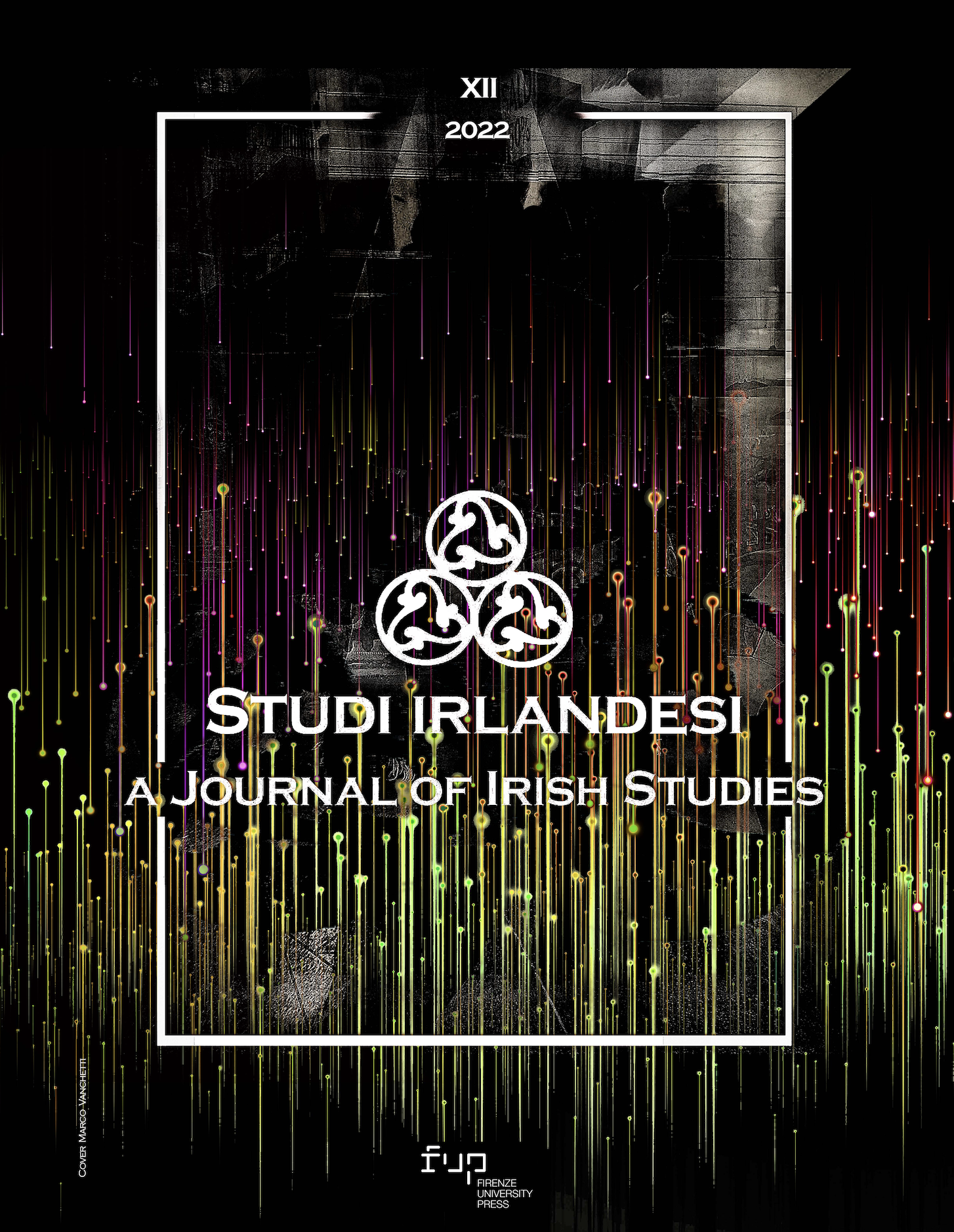“I thank God that I have been in the very big push for the motherland”: The Role of Violence and Society in the Correspondence of IRA Commander Liam Lynch
Pubblicato 2022-06-30
Parole chiave
- Irish biography,
- Irish revolution 1916-1923,
- Local History,
- Society,
- Violence
Come citare
Abstract
This article is a thematic examination of the Irish Republican Army’s (IRA) relationship with both violence and social issues in the War of Independence (1919-1921) and Civil War (1922-1923) through an interrogation of the writings of Irish republican leader Liam Lynch (1893-1923), specifically, looking at Lynch’s understanding of the role of violence, social issues, and his crucial role in Civil War. Lynch went from a position of local leadership in the Cork and then Munster IRA in the War of Independence to one of national leadership by going on to become Chief of Staff of the whole IRA in the Civil War, before dying in combat in April 1923. Lynch was a highly religious and shy man but who also displayed a much remarked devotion to the republican cause, together with a natural gift for organisation. In contrast to his quiet and sensitive persona though, throughout his revolutionary career Lynch consistently called for an escalation of violent measures and often envisaged both military and social solutions which were never fully thought out and if implemented could well have done more harm than good. Issues around the dynamics of violence have recently been explored by Gemma Clark and Brian Hughes, while Gavin Foster has added further layers to our understanding of class conflict in the civil war but this article is the first systematic analysis of these issues from the perspective of the leading IRA figure during the latter stages of Ireland’s revolution. The article argues that while Lynch’s organisational talents and devotion are unquestionable, he lacked the leadership skills necessary in the civil war and often envisaged impractical solutions based on what was often his still local or regional rather than national viewpoint, or inability to consider the ramifi cations of his ideas. The article contends that an exploration of Lynch’s perspectives reveals much about revolutionary activism and of the ar of Independence and Civil war era IRA. The article hopes to further the understanding of the motivations of activists during the revolutionary period, the ramifi cations of the implementation of political violence together with the interplay and tensions within the republican movement between social issues and the national question.


